30-Year-Olds Who Are Undecided On Kids Are Sharing Concerns About Parenthood Vs. Being Child-Free
In the last few years, we’ve heard a lot about people choosing to be child-free, but there’s another conversation worth having: Many people ― especially women in childbearing years ― are child-free but worried about parental FOMO, or fear of missing out. What if one day there’s regret about the decision to not have kids?
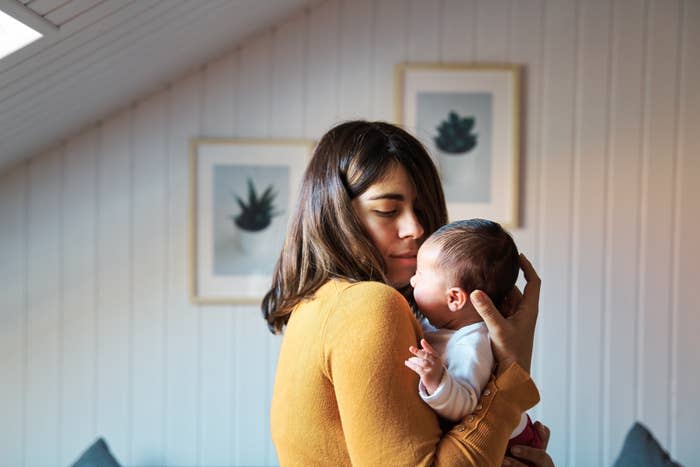
Financial worries only compound that anxiety. Many millennials and Gen Zers say they are forgoing parenthood at least in part because they can’t afford to have kids. (The average cost of child care alone is estimated to be $9,051 per year.)
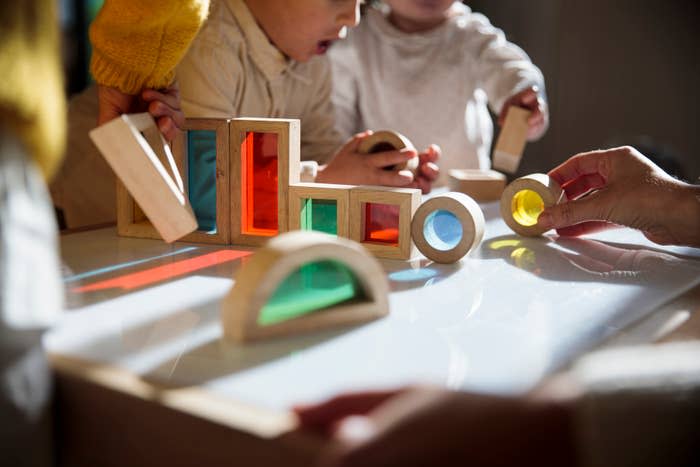
Pressure from others makes it worse, too. Commentary from the pro-parental camp includes everything from “you might regret it someday” and “who’s going to take care of you when you’re older?” to “you’ve never known true/real love until you’ve had a child.”
In the aggregate, statements like those cause many younger people to question their own desires, even when they feel firm in their decisions, said Akua K. Boateng, a psychotherapist in private practice in south Philadelphia. “Some clients wonder if there is something wrong with them for not being prepared for that ‘phase of life,’” she said. “Women especially are trying to navigate the differences they experience in comparison to their mothers and how society shapes their identity in reference to children and marriage.”
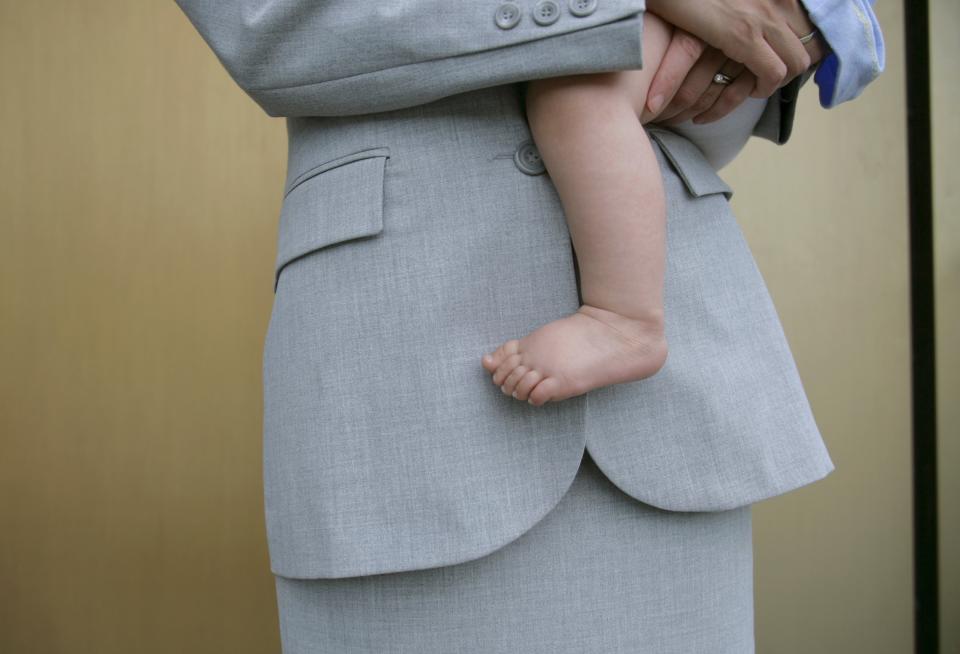
A 2022 study out of Michigan State University found that one in five adults polled did not want children and that there was no “no difference in life satisfaction” between them and those who did have children.
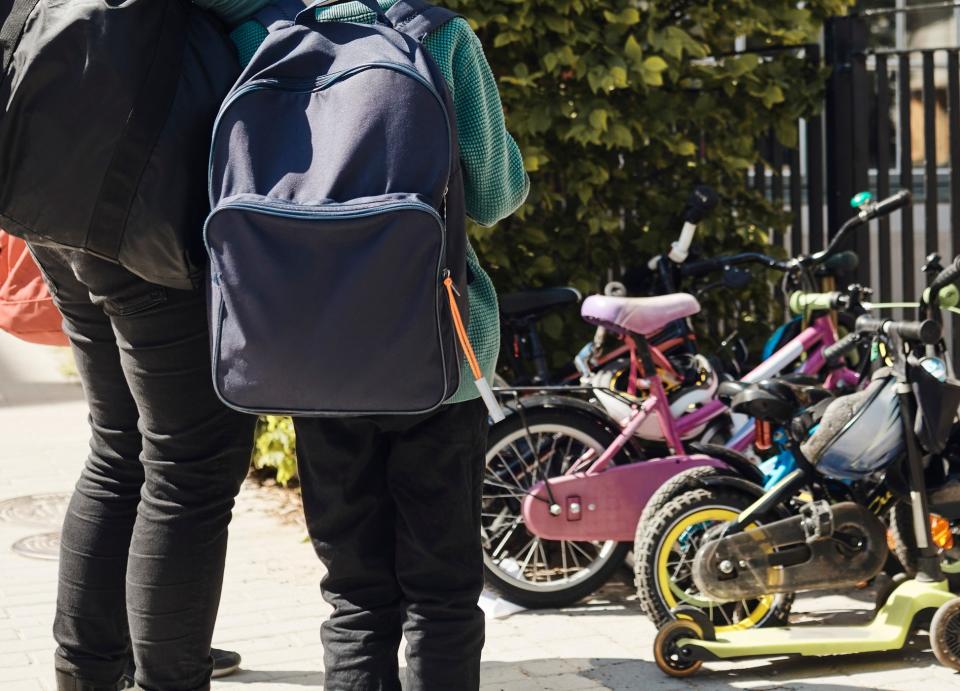
Still, for those opting out, it can be extremely difficult to go against the prevailing advice of family, especially when it’s been helpful in the past, Boateng said. “Anxiety can come from the belief that you can make the wrong decision, but when you’re listening to your own intuition, you cannot make the wrong decision,” she said.
Given recent stats on parental regret ― a study out of Rutgers University found that one in every 14 parents in the United States said they wouldn’t have children if they could do it over again ― it’s smart to dig into what gives you pause. (Interestingly, that same study suggested that early parental FOMO often plays a part in later parental regret.)
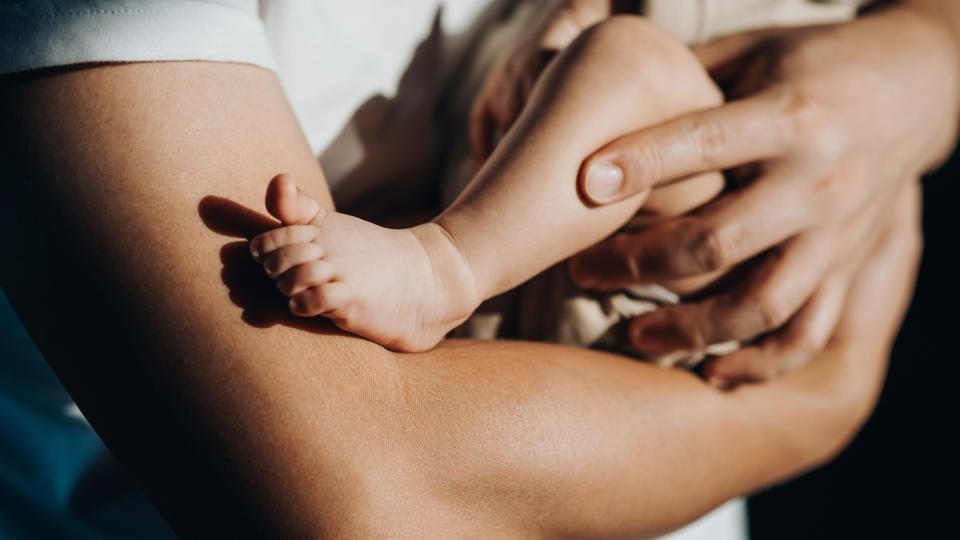
We talked to four women and one man who are dealing with parenthood indecision. Below are their stories, edited lightly for clarity and length.
1. “I have genuine fear over what kind of a world I’d bring a child into. [And] I am concerned that if I decide not to have kids and my partner stays with me that he will be sad about or regret not having children. It makes me sad that if I decide to not have children my dad might not experience being a grandpa, something he really wants. My mother-in-law would be the ultimate grandma, too.” —Lanika Yule, 32
About two years ago, Lanika Yule, a 32-year-old from British Columbia, initiated a conversation with her partner about the prospect of having kids.
“It basically went like, ‘I need you to know that I am a maybe on having children, and that that is different from being a no for now and yes later,’” Yule said. “The difference being that I truly do not know whether I want children, and I don’t want us to be accidentally operating under an assumption that I will get to a yes on having children at some later date.”
Yule’s concerns about motherhood are vast. For one, there’s the fear of medical trauma from pregnancy, delivery, and the postpartum stage.
“I’ve never heard a mom say, ‘Yeah, my delivery was chill, and all the medical professionals involved treated me with respect’; every gal has a horror story,” she said.
She also has concerns over how hormonal changes may interact with the medications she takes for her depression and anxiety. Concerns about the cost of living, climate change, and COVID-19 are top of mind, too.
She’s also well-acquainted with how unexpectedly difficult raising a child can be, having seen what her mom went through raising two younger siblings who required a high level of care and advocacy.
“They are identical twin boys with autism. They are dope as fuck, but they were a handful as kids and required my mom to learn and change parenting techniques, and also the school system is ableist as fuck so my mom had to move heaven and earth to get them the bare minimum support,” she said.
At 32, Yule is at a point where she thinks she could have a happy life with or without kids. Though she’s currently not interested in freezing her eggs, she wants to take an ovarian reserve test, which is a blood test that offers a snapshot of your egg supply, according to Yale Medicine.
Still, she also wonders if she and her partner could be happier with children. Throughout all this indecision, she’s lucky she’s had her mom in her corner.
“She’ll tell me, ‘The whole fucking world is gonna pressure you to have kids. I’m always gonna be the one person who tells you you don’t have to,’” she said. “That kind of support is invaluable. She wants whatever’s best for me, and for me to define that, and it makes other societal pressures and gendered expectations easier to navigate.”
2. “Will I get to a point later on where I wish I would have had kids when I was younger? Much of culture seems to be pushing that I should be having kids, while I feel like I can contribute in more meaningful ways to the world right now as a single person.” —Logan Kelley, 25
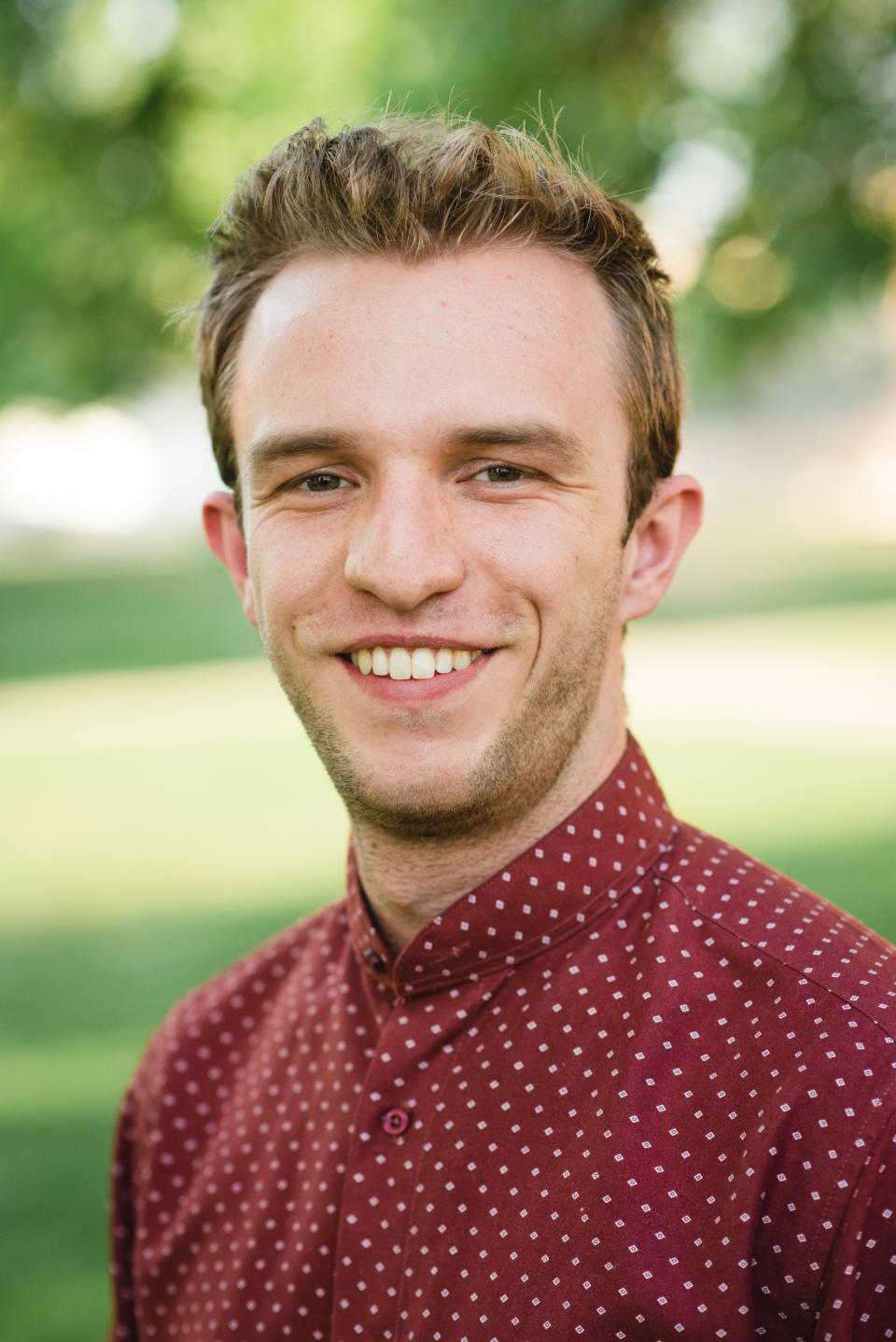
When he thinks about having kids, Logan Kelley, 25, feels a constant dissonance about where his priorities should be.
If Kelley, who’s a teacher and professional theater music director in Utah, wants to, he can keep himself busy with a dozen or more shows a year. Through his various work and theater projects, he told HuffPost he ends up teaching close to a thousand people, many of whom are high schoolers or young adults.
“I often think that if I had a family I wouldn’t have the time to take on as many of these projects,” he said. “If I did, I would feel guilty for not dedicating enough time to my family. I’ve come to the conclusion that for now, the greatest good I can do for the world and myself is prioritizing teaching.”
At 25 ― and as a man without the urgency of a biological clock ― Kelly still has time to consider parenthood. But he worries: What if one day he regrets not being a young dad who can keep up with his kids?
“Even though I’m fulfilled in life now without kids, will I get to a point later on where I wish I would have had kids when I was younger?” he said. “I honestly don’t go a day without thinking about how the choices I make now will affect my desires in the future.”
Judgment from others factor in, too. Growing up, Kelley said he was always told he should have children and that should be something he looked forward to.
“I remember being excited about that and thinking about how I would be as a parent,” he said. “As I’ve gotten older, I’ve realized that the decision to have kids is one that shouldn’t be made without careful consideration.”
3. “Deciding not to have kids should be celebrated, too. If the right partner comes along, I’m almost certain that I would want to have a child.” —Brittany Smith, 30
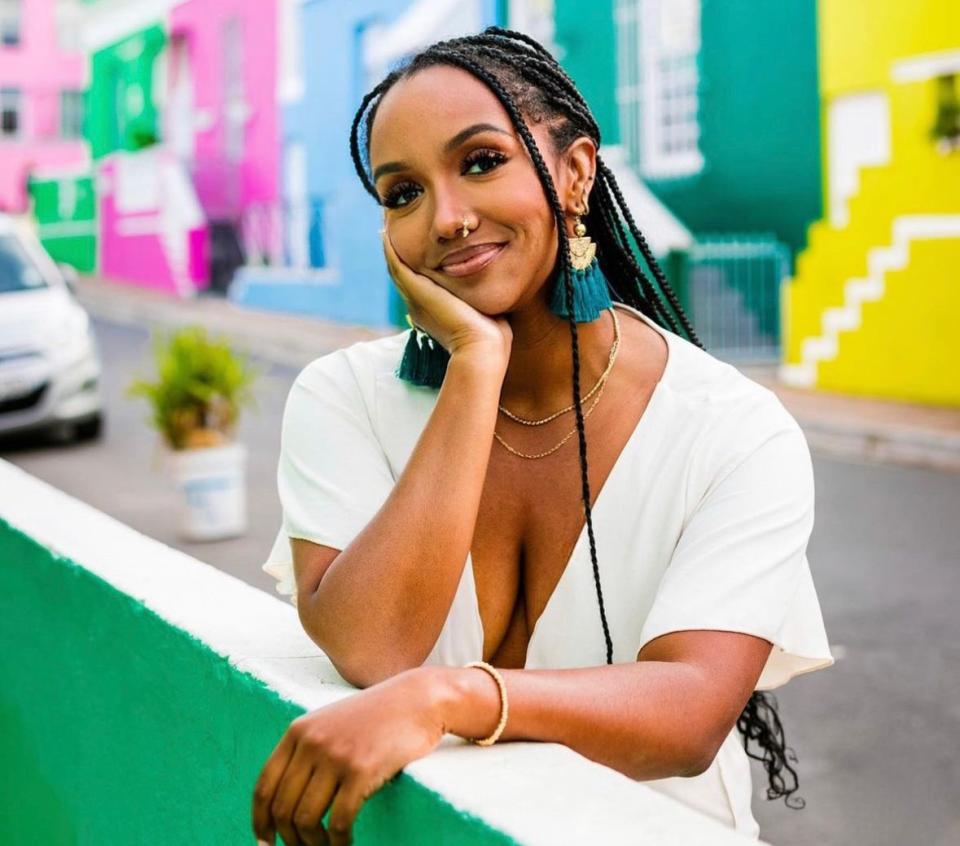
Brittany Smith, a 30-year-old from New Jersey, didn’t grow up with the picket-fence nuclear family ideal, so having kids of her own felt like a way to fulfill that dream for herself.
Now, Smith told HuffPost she’s considerably less certain about having children, which “sometimes feels like an existential crisis.”
She’s considered freezing her eggs but hasn’t quite crossed that bridge yet. When she is ready, she’ll discuss it with her gynecologist or primary care doctor.
“Egg freezing is not something that is haunting me just yet, though it comes up in conversations with friends, particularly those that are a couple of years older than me,” she said.
Smith has the same financial and environmental worries as Yule, but as a Black woman, she has added apprehensions. It weighs on her mind that the mortality rate during childbirth for Black women is almost three times the rate for white women, according to the Centers for Disease Control and Prevention.
“And the state of politics and the way racism and discriminatory laws have continuously made their way across the country makes me question if this is even a time or place to have children,” Smith said. “I’ve considered what life might be like raising a Black child outside of the U.S.”
All of those realities have impacted the urgency Smith once felt about being a mother. But then, considering a future version of herself without a child, wondering “what if?” feels imposing and unsettling, too.
“I can also acknowledge the importance of lineage, leaving a legacy behind and having children that will hopefully love me enough to care for me when I’m older,” she said. “Knowing I’m getting older, knowing I can’t have kids forever, it definitely puts pressure on things.”
As for outside judgment, Smith said she thinks people should be grateful that more women ― and men, too ― are figuring out what they want and need most.
“People are doing what works best for them, and if that means no children, then congrats to them for realizing that and making that decision,” she said. “We don’t need more parents in this world who wish they weren’t or who are resentful of their children. Deciding not to have kids should be celebrated, too.”
4. “There’s the entire shift after the baby has arrived. Your life is now a dedication to that baby, and while I know many moms return to work after to gain some of their identity back, you’re no longer your own top priority. There is somebody who exists that will always need you more. If you’re lucky, you have some support from your own parents, but otherwise, you’re muddling through between the two of you. Overall, my reasons for putting off having a child are a mixture of practicalities, as well as the willingness and readiness to take on a new identity and prioritize a small human being over my other, currently existing priorities of work and friendships.” —Chantelle Dyson, 30

Chantelle Dyson, a secondary school teacher and life coach from Essex in the U.K., always assumed she’d have kids; she had a running “favorite baby name” list going and casually discussed having kids with her partners.
Now dating and 30, Dyson told HuffPost she’s not so sure.
As a teacher, Dyson said she’s been able to see how even the best, most well-intentioned parents can experience difficulties with parenting, especially if they go in with expectations to raise “little mini versions” of themselves.
“Kids are very much their own people, and while you’ll be able to encourage and nurture them within your environment, once they start school, the number of influences around them compounds,” she said. “They’re open to being shaped by all the experiences around them, which might end up very differently to you.”
Given the horror stories she’s heard about giving birth from her friends, Dyson also has some fear about that process. (Did you know there’s actually a name for fear of giving birth? It’s called tokophobia.)
She also has financial worries familiar to so many millennials and Gen Xers putting off having a baby. Without paid leave or subsidized child care, Dyson doesn’t think society is even set up to encourage parenting.
“There’s less community spirit, even down to knowing your neighbors, which would previously have helped with child care and daily support of the challenges and struggles of parenting,” she said.
Dyson’s boyfriend has children from a previous relationship, but she admits she worries about “missing out” on the experience herself― and outside opinions don’t help.
“Most people are projecting their own feelings, wants, and fears onto the other person,” she said. “That’s the things they worry about, their experience, their drive ... and they should be open to the fact that a growing number of people are choosing to remain child-free for a whole host of reasons.”
5. “If it doesn’t [happen], I know my life will remain fulfilling. Somewhere on the internet, I saw someone ask what people without children do, and the answer was ‘anything they want.’ I like that about my life.” —Ashley Coleman, 37
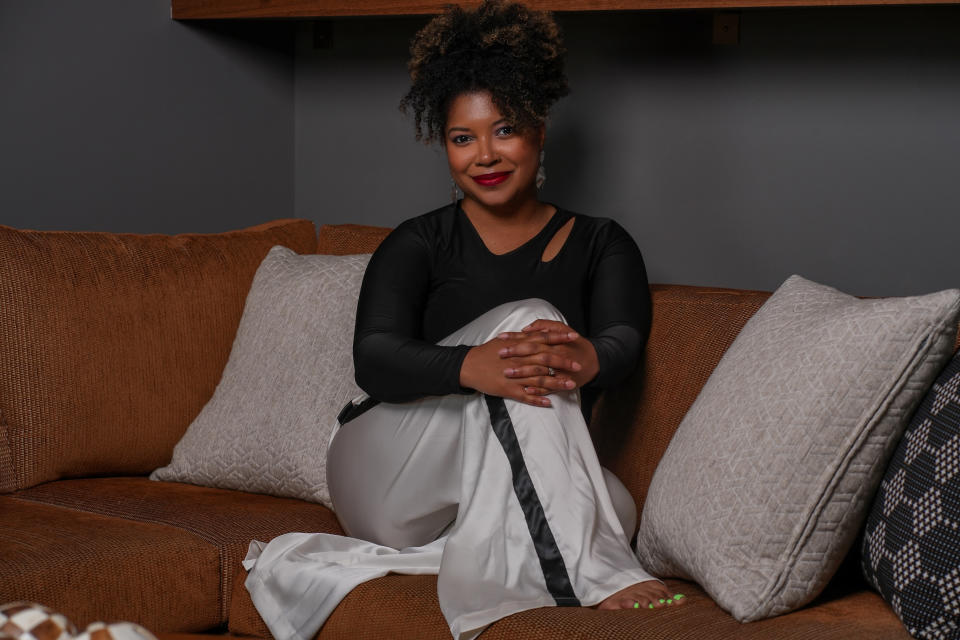
Children were always part of the plan for Ashley Coleman, a 37-year-old author and creative from Southern California.
“I’d honestly had an age I expected to have children: 27,” she said. “That’s when my mom had me, and it felt like just the right age to still be young enough once your kids were grown.”
Since then, so much has changed.
“I’m 37 now, so I’m ten years ‘late,’” she said. “Honestly, the indifference around whether it happens or not has made me question whether it’s something I want at all or whether I’ve been conditioned to believe that’s what I should want.”
Her reasons for pausing on parenthood are similar to what other millennial women have described: the cost, the time, the emotional capacity. Then, there are the things specific to her.
“I am married, and we both have on-the-go careers. As creatives, we’re not on a regular schedule. While children adapt to most circumstances, it’s asking myself, do I want to adapt?” she said.
“I enjoy quiet. Reading. Writing at coffee shops. Being able to go on a whim,” she added.
For about “two seconds” she thought about freezing her eggs since she has a full-time job with thoughtful fertility coverage, but then she realized it wasn’t that pressing for her.
“I had no interest in putting my body or my mental well-being through the steps to make that possible,” she said.
Still, it’s easy to question whether something is wrong because you don’t feel a strong pull one way or the other. That’s especially true when you are married, Coleman said.
“I know my husband would be an amazing father, and I imagine that sharing something like that would be a transformative experience as a couple,” she said. “If it happens at this point, there will be nothing that can stop that. If it doesn’t, I know my life will remain fulfilling.”
There’s a common cultural belief that not having your own children means a life devoid of joy. But Coleman firmly believes that being an auntie, godmom and a fulfilled creative can provide joy and purpose, too.
“I’ve always believed that family is what you make of it, and mothering isn’t a monolith that only includes having biological children,” she said.
As for getting older without assistance. Coleman isn’t too worried about that.
“There’s always this picture being painted that you’ll be at the end of your life and have nothing, and sure, that’s scary to think about, but also not necessarily the truth,” she said. “A life of love and community can provide what you need when that time comes, too.”
Do you have concerns about being a parent or child-free? Do you currently have children? Let us know your thoughts and feelings in the comments below.
This post originally appeared on HuffPost.

